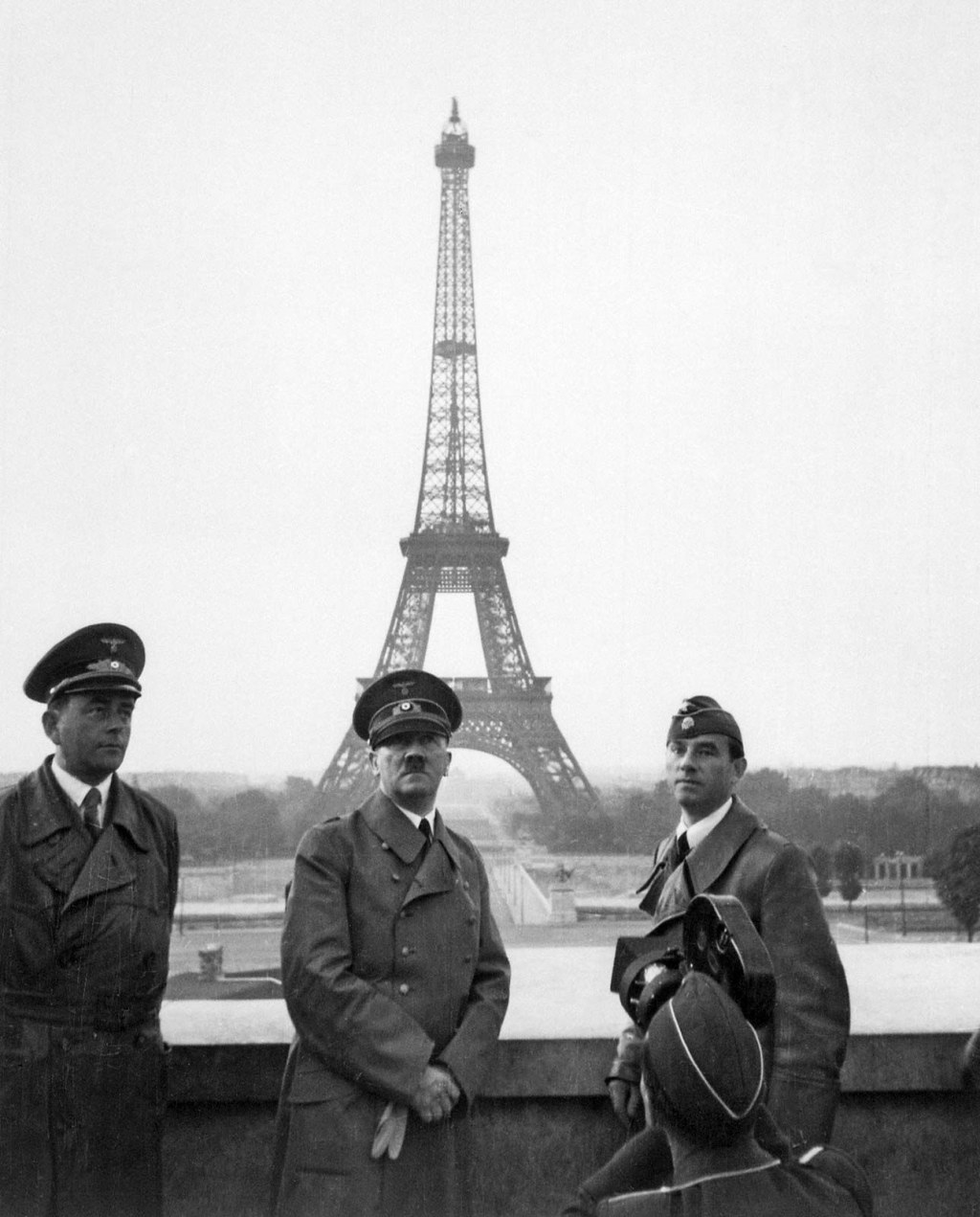France Politics During World War II
Introduction
Dear Readers,
Welcome to this informative article on France politics during World War II. In this piece, we will explore the political landscape of France during this tumultuous period in history. From the rise of Vichy France to the resistance movements, we will delve into the key events and figures that shaped the country’s political destiny. Join us as we uncover the complexities and consequences of France’s political choices during World War II.
Image Source: wikimedia.org
Let us begin by understanding the historical context that led to the political situation in France during this time.
What Led to World War II?
🌍 The world was still recovering from the aftermath of World War I when tensions began to rise again in the 1930s. Economic hardships, territorial disputes, and political ideologies fueled the flames of conflict. In 1939, Germany, led by Adolf Hitler, invaded Poland, marking the beginning of World War II. This global conflict would engulf nations and reshape the political landscape as we knew it.
🌍 In France, the threat of war loomed large, and politicians grappled with the decision of how to respond.
The Political Climate in France

Image Source: britannica.com
🏛️ France was a democratic republic before the outbreak of World War II, governed by the Third Republic. However, political divisions and economic turmoil weakened the government’s ability to address the challenges posed by the rise of Nazi Germany.
🏛️ The Popular Front, a coalition of left-wing parties, briefly held power in the mid-1930s but struggled to implement significant reforms. As the war approached, France’s political leadership was divided on how to confront the growing threat from Germany.
The Fall of France
🔻 In 1940, Germany launched a swift and brutal invasion of France. The French military was ill-prepared to defend against the German Blitzkrieg tactics, and within weeks, France fell under Nazi control.
🔻 The French government, led by Prime Minister Paul Reynaud, collapsed, and a new regime was established under German occupation. This puppet government, known as Vichy France, collaborated with the Nazis and implemented their policies, including anti-Semitic measures.
The French Resistance
✊ The fall of France did not extinguish the spirit of resistance. Despite the risks, many French citizens actively resisted the occupation, forming underground networks and engaging in acts of sabotage and espionage. The French Resistance played a crucial role in supporting the Allied forces and preserving the spirit of freedom.
✊ Key figures such as Charles de Gaulle emerged as leaders of the resistance movement, rallying the French people against the occupation and advocating for a free France.
Advantages and Disadvantages of France’s Political Choices
🔍 Advantages:
1. Unity and Resistance: France’s political choices during World War II demonstrated the resilience and determination of its people. Despite the occupation, the French Resistance fought valiantly for freedom and played a vital role in the eventual liberation of France.
2. Preservation of French Identity: Despite the collaboration of Vichy France, the majority of French citizens maintained their cultural identity and resisted Nazi attempts to erase their heritage.
🔍 Disadvantages:
1. Collaboration and Compromise: The existence of Vichy France and its collaboration with the Nazis tarnished France’s reputation. The government’s actions, such as implementing anti-Semitic policies, have had long-lasting consequences.
2. Political Divisions: France’s political divisions and lack of a unified strategy in the face of German aggression weakened its ability to resist and ultimately led to the swift fall of the country.
Frequently Asked Questions (FAQ)
1. Was France the only country to collaborate with the Nazis during World War II?
No, several other countries, such as Norway and the Netherlands, also had collaborationist governments during the war.
2. Did all French citizens support the Vichy government?
No, many French citizens actively resisted the occupation and the policies of the Vichy regime.
3. How did the French Resistance contribute to the war effort?
The French Resistance provided valuable intelligence to the Allies, sabotaged German operations, and helped facilitate the liberation of France.
4. What was the role of Charles de Gaulle during World War II?
Charles de Gaulle was a prominent figure in the French Resistance and later became the leader of the Free French Forces, rallying the French people against the occupation.
5. How did France’s political choices during World War II impact its post-war reconstruction?
France’s political choices during the war influenced its post-war position. The collaborationist actions of Vichy France led to a period of reckoning and introspection, shaping the country’s path towards reconciliation and rebuilding.
Conclusion
In conclusion, France’s political landscape during World War II was marked by divisions, collaboration, and resistance. The fall of France and the establishment of Vichy France were significant turning points, but the spirit of resistance prevailed. Despite the challenges, the French people demonstrated resilience and bravery, contributing to the eventual liberation of their country. It is essential to remember and learn from this chapter in history to ensure that such political choices are never repeated.
Final Remarks
Dear Readers,
As we reflect on the politics of France during World War II, it is crucial to remember the profound impact these choices had on the country and its people. The consequences of collaboration and resistance still resonate to this day, serving as a reminder of the importance of vigilance and the preservation of democratic values. Let us learn from history and strive for a future rooted in peace, unity, and justice.